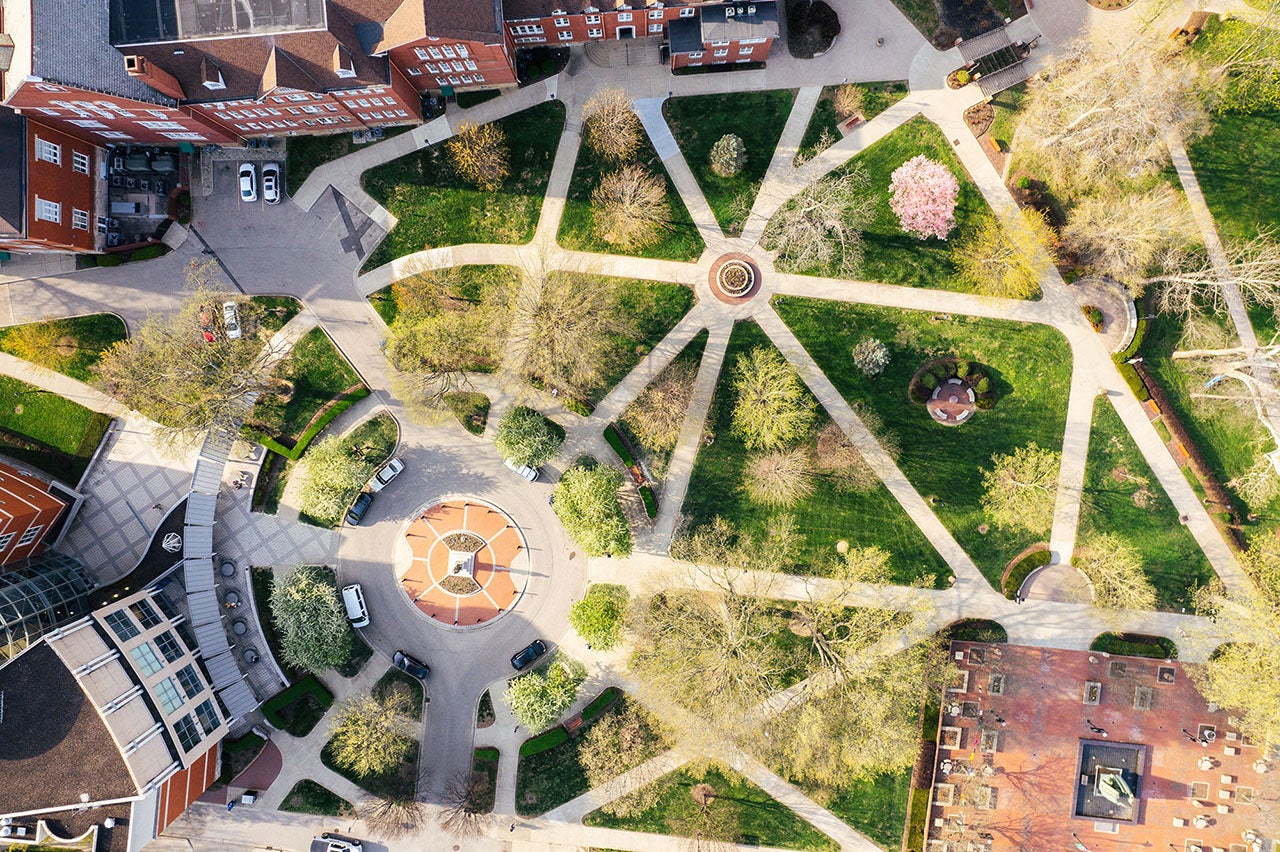Warnings provided when a situation occurs within Clery reporting geographical areas.
Policy on weather emergency closings and delays.
Links to references for different emergency situations you could encounter while on campus.
Personal safety is foremost a personal responsibility. An important fact to remember on the topic of personal safety is the importance of being aware of your surroundings. Ask yourself, “Am I increasing the chances that I may become a victim of crime?” Personal crime prevention starts with the use of your common senses, easily ignored in our busy everyday lives. Remember that crime happens during the day as well as at night.
The “office criminal” is usually a criminal of opportunity. The criminal selects the time and location for the crime. The victim is not selected but is a matter of chance. The thief will find an open, empty office and take whatever he thinks he can obtain successfully. We encourage faculty members to always keep valuables secured, and their offices locked when not present.
The single most important thing about protecting yourself from being a victim of a personal property crime is to never leave your property unattended or un-secure. If it is valuable property, hide the property when you are not in possession of the items.
Be assertive and sure of what you want to do. Make plans ahead of time so that someone will know where you are. Pay attention to what is happening around you. Do not put yourself in a vulnerable situation. Avoid excessive use of alcohol or drugs. They interfere with your ability to communicate and increase your chances of being assaulted. Make conscious and active choices. Say what you mean and express what you feel. Most of all, do not be afraid to say “NO”.
Do not prop open any exterior locked residence hall door. Even though propping the doors makes it easier for you to get back into the residence halls, you also have made it easier for the unauthorized person to enter the building. For the safety of you and others in the residence halls, please ensure that you lock your door when you leave.
If an active shooter is outside your building or inside the building you are in, you should: try to remain calm, warn other faculty, staff, and students to take shelter immediately, proceed to a room or area that can be locked or barricaded, turn off the lights and any devices that might emit sound. It is important to keep yourself out of sight, stay away from windows and take adequate cover/protection. You should wait patiently until a uniformed police officer, or a university official known to you, provides an “all clear.” Unfamiliar voices may be an active shooter trying to lure you from safety; do not respond to voice commands until you can verify with certainty that they are being issued by a police officer or university official. Contact emergency services by dialing 911, or 304-696-4357 when it is safe to do so.
Reporting an emergency, or a situation you feel isn’t right, is the first step to getting help. It is very important that you know the steps to report an emergency, so if you ever have to report one, you will know how to do it. Here are some steps to know: Assess the situation, call emergency services, report your precise location, give the dispatcher your name and phone number, describe the nature of your emergency in great detail, and most importantly, follow the dispatcher’s instructions.
The following types of training can be made available upon request of the Marshall University Police Department. Please contact our main number if your department, club, or group would like to learn more. These trainings are available upon staff availability, and must be scheduled in advance.
- Active Shooter Training
- Residence Hall Safety Training
- Community Safety Talks”


